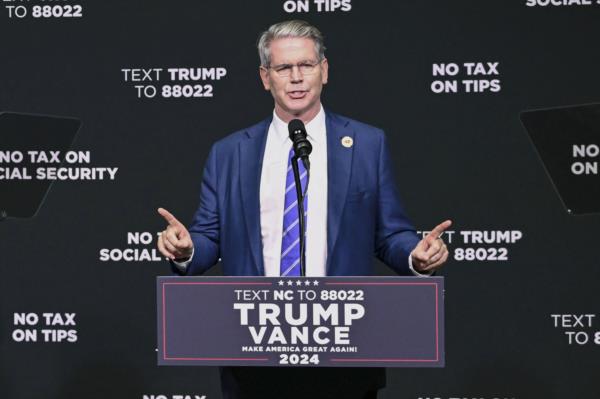
Business leaders have expressed relief over President-elect Donald Trump's selection of hedge fund executive Scott Bessent to lead the Department of Treasury. Bessent's appointment comes after some unconventional picks for other cabinet posts, and his background as a global investor with experience working alongside renowned money managers has garnered positive reactions.
With a history of supporting both Republicans and Democrats, Bessent is seen as a reasonable and pragmatic choice by industry insiders. His role as Treasury secretary is considered crucial, given Trump's focus on the economy and the public's concerns about the cost of living.



As Trump's quarterback for executing economic policies, Bessent is expected to play a key role in shaping the administration's agenda. Despite some concerns about Trump's aggressive campaign promises, particularly regarding tariffs and deportations, Bessent is viewed as a voice for moderation.
While Bessent supports the use of tariffs as a tool, he is mindful of avoiding policies that could lead to negative economic consequences, such as the infamous Smoot-Hawley tariffs of 1930. His stance on tariffs and inflation has drawn praise from industry figures and economists alike.
Notably, Bessent's appointment was favored over other candidates for the Treasury secretary position, with his track record and approach to economic issues earning him widespread support. Industry leaders and trade groups have lauded Trump's decision to appoint Bessent, citing his expertise in financial markets and commitment to fostering economic growth.
However, critics have raised concerns about the potential impact of Trump's economic plan, particularly in terms of inflation and tax policies. Some economists warn of supply shocks and higher prices under Trump's proposed measures, while progressive groups criticize the appointment of a billionaire hedge fund manager to lead the Treasury Department.
Despite differing opinions on Trump's economic agenda, Bessent's appointment is seen as a stabilizing force by many in the business community. His experience and approach to economic challenges have positioned him as a key figure in shaping the administration's financial policies moving forward.







